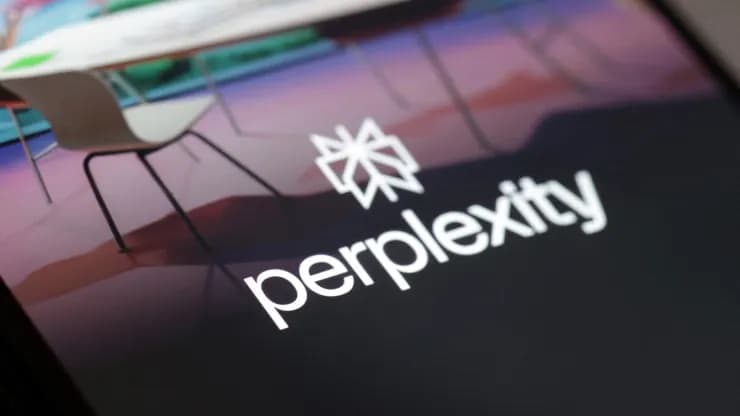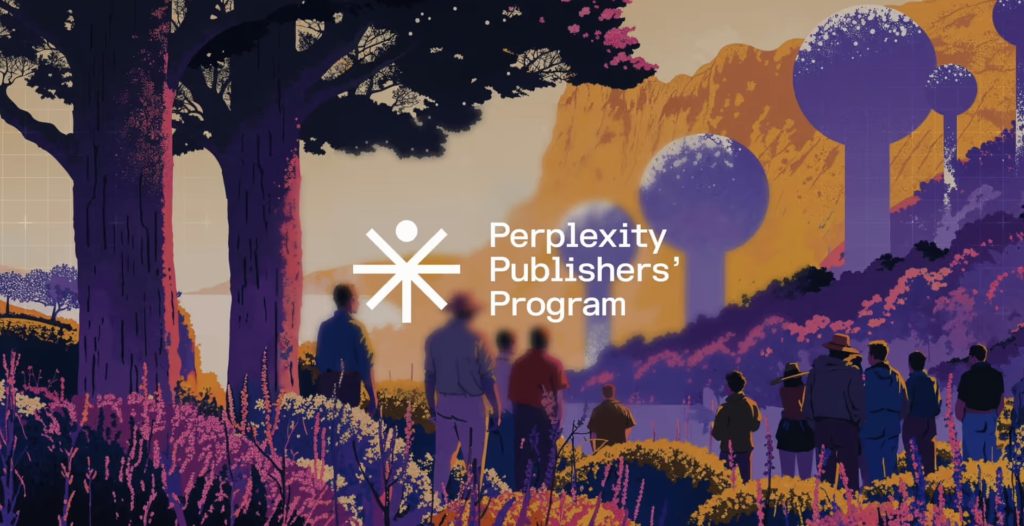Perplexity Details Plans to Share Ad Revenue with News Outlets Cited by Its AI Search Engine
Perplexity AI will soon begin sharing advertising revenue with news publishers when its chatbot uses their content in response to user queries. This initiative aims to address criticisms of plagiarism and unethical web scraping directed at the startup. Dmitry Shevelenko, Perplexity’s head of business, explained that the company had been exploring this program since January, even before the accusations began. The motivation behind the publisher program is clear: for Perplexity to continue providing accurate answers, it needs journalists to keep producing new information.

“How do we align ourselves with publishers?” Shevelenko asked. “We’re not cannibalizing publishers or competing with them, but we need to do our part to make sure that there are these vibrant and diverse business models and revenue streams.” As generative AI continues to reshape search behaviors, publishers are seeking new ways to monetize their content.
Perplexity’s initial publishing partners include Automattic, Der Spiegel, Entrepreneur, Fortune, The Texas Tribune, and TIME. These multi-year deals will provide publishers with access to Perplexity’s APIs and developer support to create custom answer engines on their sites. Additionally, employees of these publishers will have access to Perplexity’s Enterprise Pro offering, which includes enhanced data privacy and security features.
While Perplexity has not yet started displaying ads on its platform, this will change in the coming months. Shevelenko mentioned that top-tier brands from various consumer and B2B categories are lined up. For instance, if a user asks about travel to Tokyo, related travel ads may appear. The revenue generated from these ads will be shared with the publishers whose content is used to answer the queries. Though details of the ad-revenue share were not disclosed, Shevelenko indicated it would be in the “double digit” percentage points.

Other media outlets, such as The Atlantic, News Corp, The Financial Times, DotDash Meredith, Axel Springer, and Vox Media, have signed licensing and product deals with OpenAI, despite criticisms from their journalists about content being used to train AI models without proper credit.
Michael Frazier, VP of Data and Operations at Entrepreneur Media, believes user behavior will drive these changes. He noted, “You have to meet your users where they want to be met.” Entrepreneur Media is building a tool to allow users to interact with its content more interactively, aided by Perplexity’s APIs.
Perplexity collaborates with ScalePost.ai, a platform that facilitates partnerships between publishers and AI companies, providing AI analytics like how Perplexity cites their content. Frazier is optimistic about the insights this partnership will offer, stating, “One of the things we’re looking forward to getting more information on is user intent and user behavior and how and where they’re finding us.”
When asked about the potential for incorrect answers from Perplexity’s AI, Frazier acknowledged the concern but expressed confidence in Perplexity’s efforts to minimize errors. Perplexity clarified that publishers in its program would not receive preferential treatment in search queries, a promise also made by OpenAI to its media partners. Shevelenko emphasized that click-through rates are not the primary focus of this program. “For the first time, a tech platform is actually giving publishers revenue share out the gate, and we think that’s powerful,” he said. The main value, according to Shevelenko, is through ad revenue sharing and access to Perplexity’s APIs and Pro subscription.

Despite the trend towards collaboration with AI companies, not all publishers are on board. The New York Times, Raw Story, AlterNet, and The Intercept have sued OpenAI for allegedly using copyrighted content without proper attribution. Additionally, Condé Nast recently sent Perplexity a cease and desist letter, demanding it stop using content from its publications in search results. Forbes also accused Perplexity of plagiarism and sent a similar letter.
Perplexity has not ceased or desisted but instead invites those publishers to join its program. “We’re excited to partner with them,” Shevelenko said.








